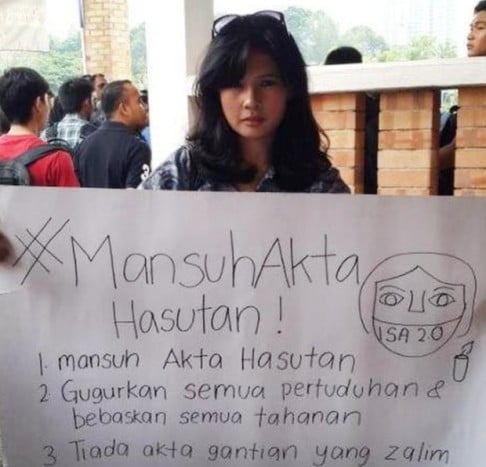Growing popularity of conservative Islam in Malaysia linked to overseas students
Increasing popularity of the stricter Islamic worldview raises possibility of shariah law being introduced to replace secular constitution

But thoughts of Malaysia and the way it is governed are not far from his mind.
"I am anti-Umno because it does not rule the country with shariah law," says Mohamad, referring to the United Malays National Organisation, the dominant party in Malaysia's ruling coalition.
And Mohamad says he is not alone: "Many of the students here are anti-Umno because of the same reason."
Such views suggest how overseas religious education is helping set young Malaysians on a path towards resentment of their government and secular law.
Malaysia was long hailed as a moderate and progressive Muslim-majority country. But in recent years the nation has lurched towards Islamic conservatism, to the alarm of liberals and non-Muslims.